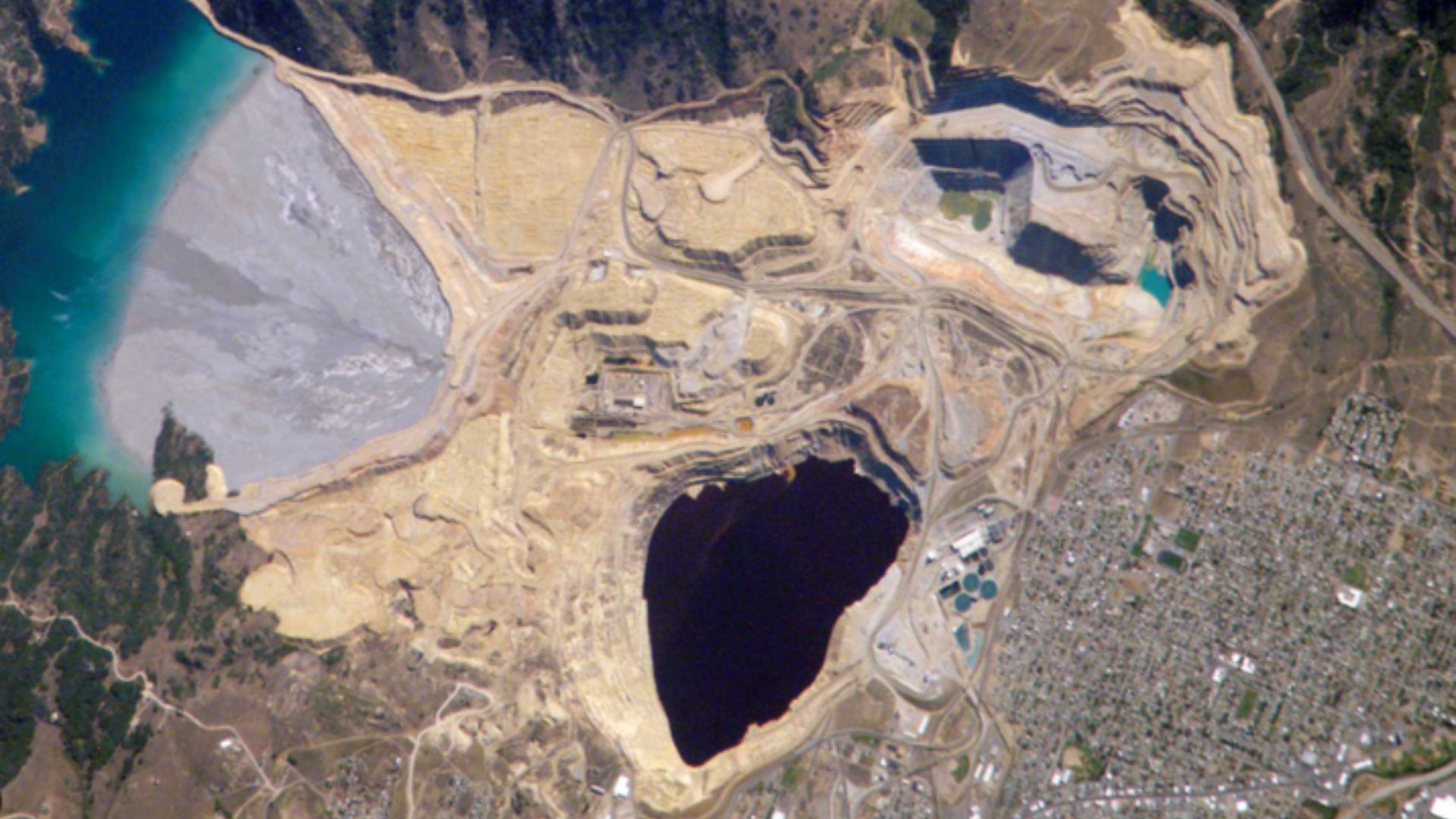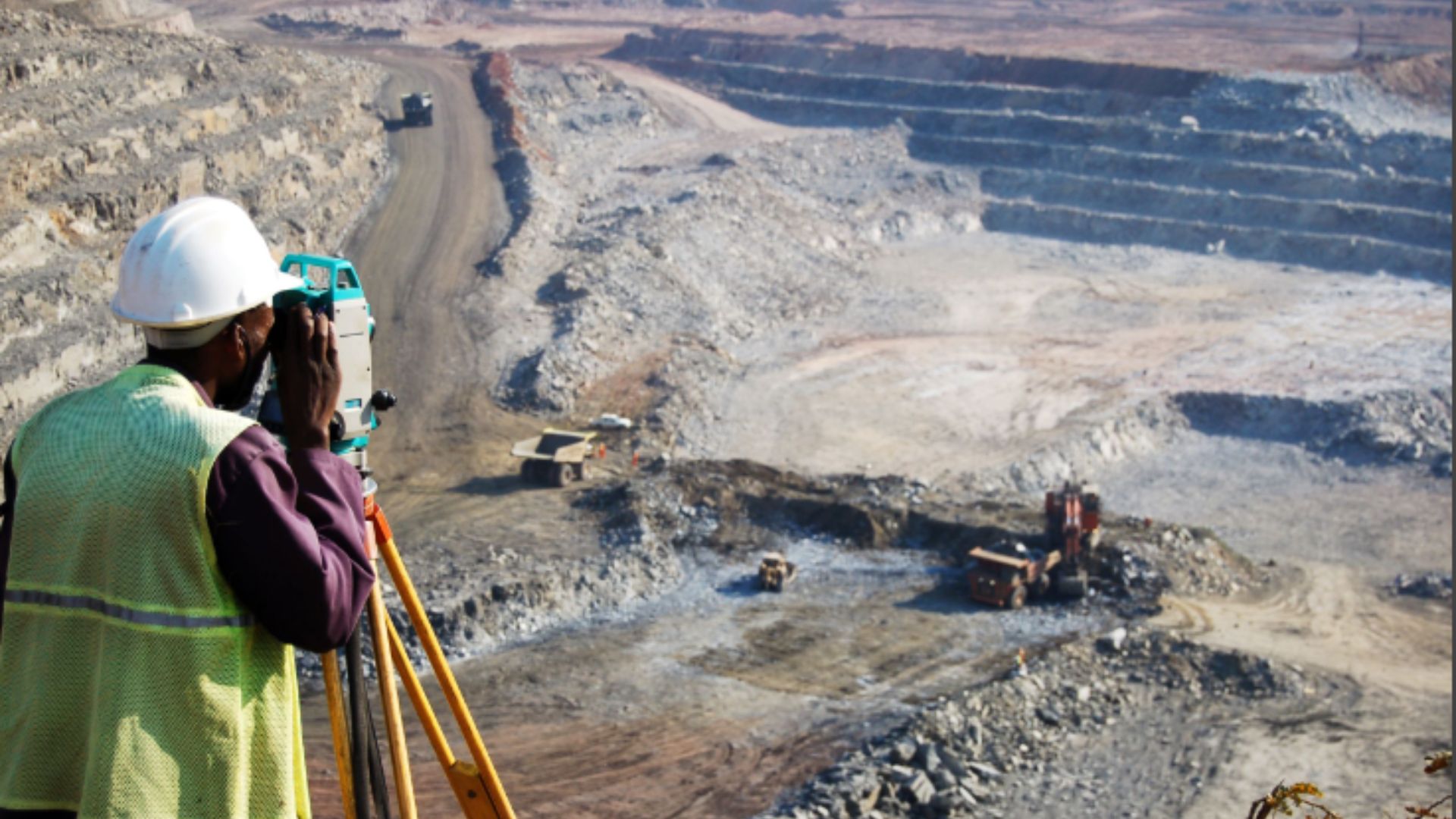Black agate, a mesmerizing gemstone prized for its deep beauty, adorns jewelry and embellishes homes worldwide. However, the journey from raw rock to polished gem may come at a hidden cost: the impact on water resources. This post looks into how black agate mining can detrimentally affect the water we rely on for life.

Mining’s Toll on Water
Mining black agate disturbs vast stretches of land, often found near rivers and streams. Unfortunately, the extraction process can pollute these vital waterways in multiple ways. First, mining activities disrupt the land, exposing soil to erosion. When heavy rains occur, loose soil is washed away into nearby streams and rivers, causing sediment buildup. This sediment not only clouds the water but also harms fish and other aquatic life, impacting the entire ecosystem. Moreover, mining sometimes involves the use of chemicals for processing or machinery. Leaks or spills of these chemicals can contaminate water sources, rendering them unsafe for drinking, swimming, or irrigation. Additionally, the mining process itself often requires substantial water usage for dust suppression, equipment cleaning, and other activities. This excessive water withdrawal can strain local water supplies, particularly in regions already facing water scarcity.
Downstream Fallout
The repercussions of onyx mining on water resources extend far beyond the immediate mining site. Polluted water flows downstream, affecting water quality for miles beyond the mining area. Communities and ecosystems located downstream can suffer the consequences, experiencing a decline in water quality and ecological health. Furthermore, some mining techniques involve the use of saltwater to extract minerals. If not properly managed, this saltwater can seep into freshwater sources, causing salinization—a process that renders water unfit for drinking or agriculture. Moreover, excessive water withdrawal for mining can lower the water table, making it harder for people to access clean water from wells, especially in rural areas reliant on groundwater.
Protecting Our Water
To mitigate the impact of black agate mining on water resources, sustainable practices are imperative. Responsible mining companies employ techniques that minimize water usage, prevent pollution, and promote environmental stewardship. These practices include recycling water, properly disposing of waste, and implementing land restoration initiatives. Community involvement is also essential, ensuring that local communities have access to clean water and that their voices are heard in decision-making processes. Additionally, consumers can play a role by making informed choices and supporting ethical mining practices. By choosing black agate sourced responsibly and sustainably, consumers can contribute to the preservation of water resources and the protection of ecosystems.
Socio-Economic Impacts of Black Agate Mining
In addition to environmental concerns, black agate mining can also have socio-economic impacts on local communities. Communities near mining sites may face disruptions to their way of life, such as changes in land use, increased traffic, and noise pollution. Additionally, mining activities can create employment opportunities for locals, but they may also bring challenges such as displacement and conflicts over resource allocation. Therefore, it’s essential to consider both the environmental and social dimensions of black agate mining to ensure sustainable practices and equitable outcomes for all stakeholders.
Conclusion
In conclusion, the allure of black agate must be balanced with the need to protect water resources. By advocating for responsible mining practices and making conscious consumer decisions, we can enjoy the beauty of black agate without compromising the health of our waterways. Let’s work together to champion sustainability and ensure a future where clean water remains abundant for generations to come.

